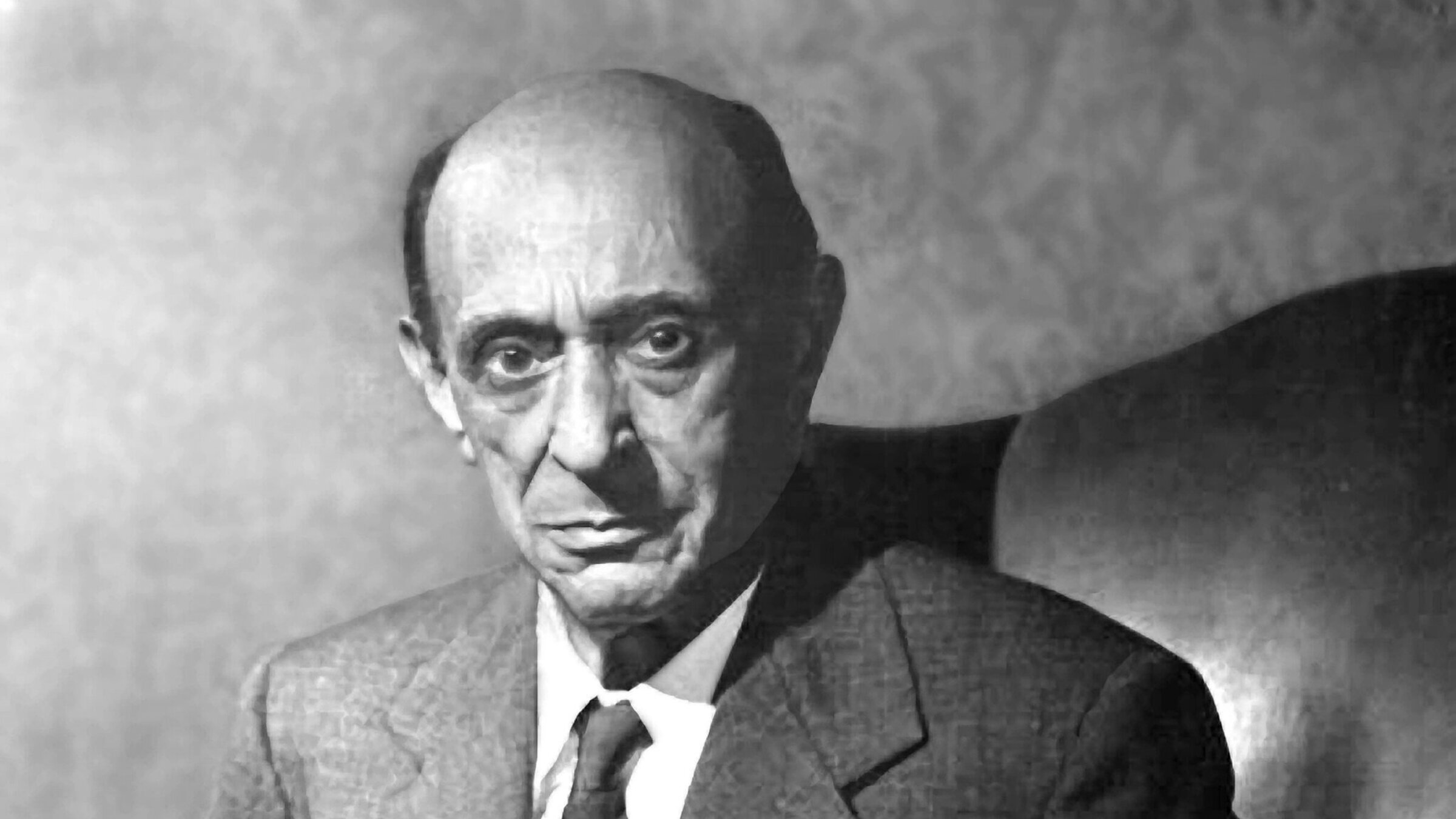The LA fires torched my grandfather Arnold Schoenberg’s legacy — and the site of a rich Jewish emigre history
We must preserve the history of the Pacific Palisades as a haven for refugee artists

We must preserve the history of the Pacific Palisades as a haven for refugee artists

Known for being a cerebral theorist, the composer gave voice to human heartbreak

Plus, an author's case for a standing cocktail hour

The author talks about her newest book, her writing routine and the importance of a standing cocktail hour

Editor’s note: Arnold Schoenberg was born on this day in 1874. 145 years later, we look back at the genius of the Austrian Jewish composer. What happens in the mind of a genius? Mozart’s mind was puerile; if his extraordinary sophistication with music extended to other aspects of his psyche, he didn’t show it. Van…

What happens in the mind of a genius? Mozart’s mind was puerile; if his extraordinary sophistication with music extended to other aspects of his psyche, he didn’t show it. Van Gogh was subject to psychotic episodes, a struggle that may have impacted his work, although we can only speculate. Bits of Einstein’s brain are preserved…

Los Angeles-based lawyer E. Randol Schoenberg is best known for his work on the restitution of art stolen during the Holocaust; his quest to assist the late Maria Altmann regain Gustav Klimt paintings belonging to her family from the Austrian government was dramatized in the 2015 film “The Woman in Gold,” in which he was…

A November of concerts featuring fall colors and Yiddishkeit is available to Manhattan music lovers. On November 3 & 4 at New Brunswick’s State Theatre in New Brunswick and Newark’s NJPAC respectively, explosively expressionistic colors will be conveyed by the New Jersey Symphony Orchestra and conductor Augustin Dumay in Arnold Schoenberg’s stirring “Transfigured Night.” Also…








100% of profits support our journalism